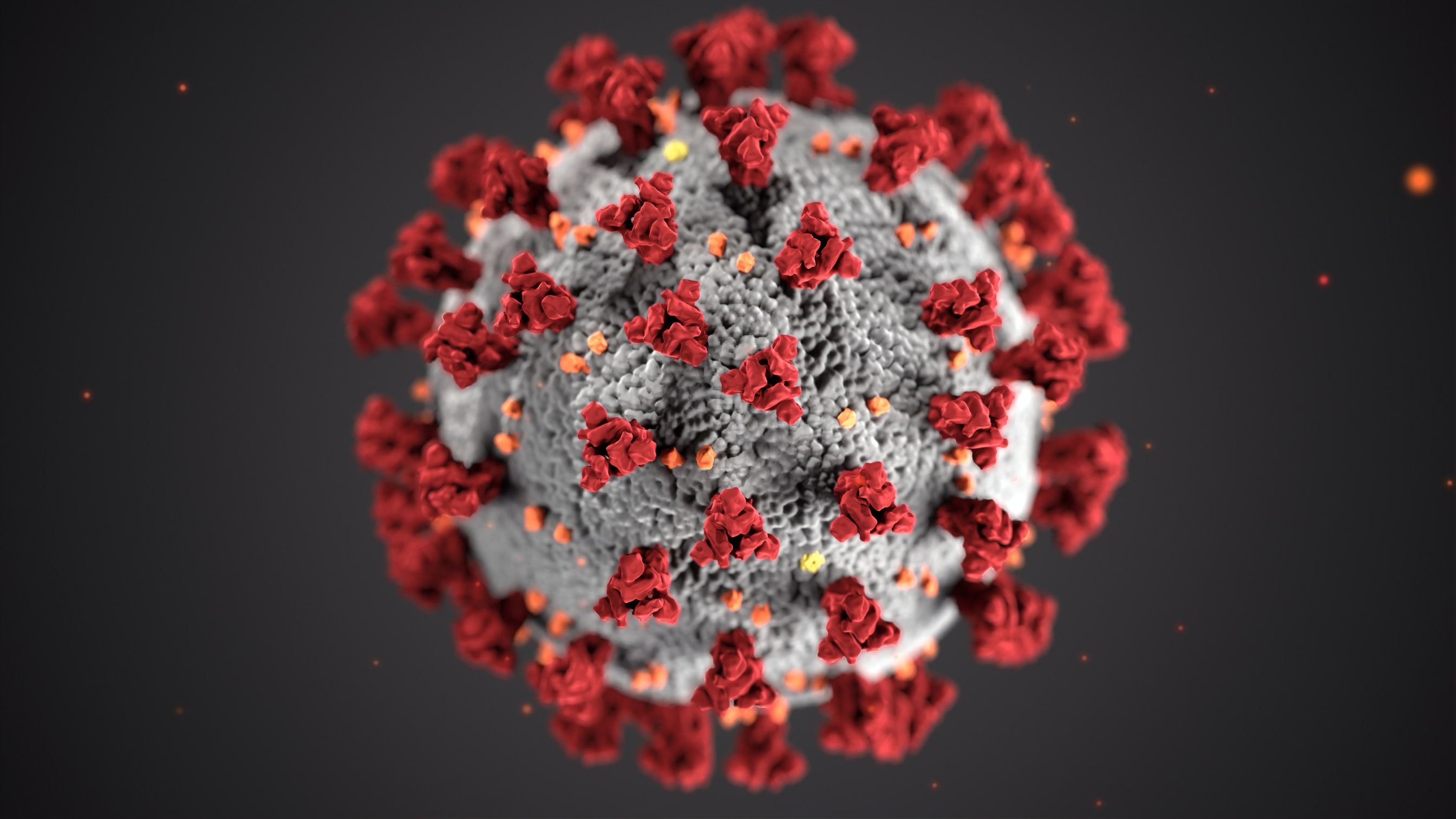Every culture has its own way of responding to a crisis. Murderous epidemics have inflicted humanity for millennia, and the ‘host’ culture/state and individuals have responded in distinct ways as we are now witnessing. Thucydides writing on the Great Plague of Athens in 430BC noted that, ” For the violence of the calamity was such that men, not knowing where to turn, grew reckless of all law, human and divine.” That is one extreme. But in the current COVID 19 crisis, we have also witnessed the opposite: generosity, compassion, commitment to defeating it and so on. The range and quality and variety of individual and collective reactions are countless.
The following snippets record some of those reactions which betray plain self-interest to cultural conditioning to quirks at every level of the society – from the individual in the street to the political leaders in the halls of power.
20 March 2020
Domestic Staff and Infection: In Q & A sessions of commercial channels, one issue keeps coming up regarding protection from CoronaVirus: How do we protect ourselves from domestic “servants”?
Answers range from dismissing them to exile them for the duration of the crisis. The question (and some answers) betray the mindset of the Indian middle class. The questioner is not concerned with the welfare of those who serve them, but about their own welfare; how to continue to keep servants to serve them but without any risk. Not one-panel member suggested that the best course was to educate the domestic staff in the interests of all. Or giving them paid leave recognising that they too are human beings with families and other commitments.
The Indian class system – no, nothing to do with the caste in the urban setting – is hidebound with the ‘masters’ seemingly unable to manage their lives without ‘servants’. Nothing, but nothing, proves that than the ugly and offensive practice of taking the nanny with you to lunches, parties etc. Her job is to look after the child while the masters eat their fill at one sitting at a cost which would exceed the monthly salary of the nanny. She sits in the background watching the mouthwatering dishes go by. What is she thinking?
1 April 2020
Pandemics are tragic affairs across the board from the black Plague to Covid19. There is however one inescapable irony of the current pandemic, which is evident across the world’s urban spaces.
In essence, the death-knell of CoronaVirus is that the victim cannot breathe. That is, the virus damages the respirational infrastructure to such an extent that the patient is simply unable to draw air.
But here is the irony. Ever since the beginning of the industrial revolution, pollution has increased to such an extent that it is now a deliberate, human-made cause for a range of respirational diseases – asthma to emphysema to bronchitis to pneumonia. However, since the lockdowns started worldwide to ‘break the chain’ of COVID infection, pollution has come down drastically in city after city: According to NASA, March air pollution is down 46% in Paris, 35% in Bengaluru, 38% in Sydney, 20% in LA, 26% in Rio…
India is home to 21 of the 30 most polluted cities in the world. New Delhi, for example, has the honour of being the most polluted city in the world. But within mere days of lockdown, pollution has dropped 71%. The skies are blue, the air is clearer. Top of Skyscrapers, green vistas can be seen clearly, something the denizens of Delhi have not seen for decades. On 3 April, in India’s Punjab, residents of Jallandhur woke up to the snow-capped Himalayas more than 100 miles away.
Anecdotal evidence suggests that people with various respirational ailments are feeling a positive difference in their health; singing birds are more evident and an unprecedented large flock of flamingoes landed in Navi Mumbai earlier this week. (Interestingly, across the world, Sydney-siders comment that they have never seen so many flocks of cockatoos frolicking in the city.)
Two points. One, is a lingering death from gradually debilitating respirational diseases preferable to a quick exit from COVID? Two, if the degrading menace of pollution can be mitigated within days, what would be the result of reduced dependence on fossil fuels over a longer period?
9 April 2020
Abuse of Frontline Health Workers: In recent days, there have been several reports from cities and the hinterland of abuse and attacks on doctors, nurses and other health workers. Apparently, these have been prompted by the belief that such people carry COVID-19 virus after having been involved in the treatment of patients of the disease in hospitals etc.
Rightly, these actions have been strongly condemned by the authorities, commentariat, etc., but there is one Indian cultural angle to it also worth noting.
Denizens of Indian Middle Class and above constantly praise social behaviour in the world outside – i.e. the West and, of course, Singapore – in contrast to Indian mores. They are so blinded by the premise that all is better out there that they do not notice or chose not to acknowledge that it is not so pristine out there either. Sure, better education and higher economic standards ensure more consciousness about fellow citizens, the fact is that smaller populations mean that anti-social behaviour is less noticeable.
Take Australia. Tell any Indian that spitting does happen there; the response would be incredulity. Here are a couple of reports:
“Hospitals have told health workers not to wear their uniforms to work after reports they have been physically and verbally abused while travelling to and from work”;
“We have seen some very troubling cases of people who have either assaulted or threatened healthcare workers…..The most serious of these offences [coughing, spitting on Doctors, Nurses, Police] may carry maximum penalties up to imprisonment for life, if somebody was to take a step which led to the death of a healthcare worker, if it were a deliberate transmission,” Mr Hunt, Minister for Health;
From 10 April, according to NSW Health Minister, ” NSW Police are able to issue a $5000 on-the-spot fine for spitting or coughing on health workers or police officers…..I would be locking them up pretty quick-smart…It is absolutely disgusting to think that anybody would think it’s OK to cough or spit on a police officer or a health worker at any time, let alone in the world’s worst virus crisis for a hundred years……So, $5000, you should be very lucky, you’re getting off lightly.”
So, you educated and higher up on the economic ladder Indians, do give your Indian fellow-citizens a break!
Postscript on 19 April
“The NSW government has expanded its $5000 fine for coughing and spitting to protect any worker after several incidents of checkout staff and transport personnel subjected to these “vile attacks”…..NSW Police will have the power to issue the hefty on-the-spot fine to anyone who coughs or spits at workers on-the-job or coming to and from their workplaces during the COVID-19 epidemic, after Health Minister extended a Ministerial Direction under the Public Health Act.”
26 April: Moronic Trumpism
At the so-called daily WH briefing – actually a podium for 2020 campaigning – Trump implied that Social Distancing meant washing hands, “People have done it!” Earlier on 11 April, confusing bacteria with viruses, he had said that the “germ” is so “brilliant” that antibiotics cannot keep up with it.
The American Caligula is alive and well as he presides over the demise of Pax Americana. Another four years and there will be black daffodils growing over its grave.
27 April: Mortality rates, India
In my snippet on 1 April, I observed that one silver lining to COVID19 had been that the environment had become cleaner in urban spaces around the globe. There may yet be another plus!
While mortality rates have been rising in most countries in the time of CoronaVirus, reportedly the rate in India has actually been falling. While stats for the country as a whole are unavailable, rates have declined significantly in some urban parts e.g. 67% in Ahmedabad, 21% in Mumbai. Anecdotal evidence from urban and regional crematoriums, funeral businesses, hospital emergency centres confirms this trend.
If this is indeed the case, there is one notable implication: COVID19 cases are not being under-reported in India as is the case in several other countries. For if that were so, suspicions that there may be more unrecorded Coronovirus-related fatalities do not hold.
That said, there may be another credible explanation for India’s falling mortality rate. Since the lockdown was imposed on 24 March, road accidents have plummetted. In 2019, there were over 150000 fatalities on India’s chaotic roads. Railways, plagued by accidents, are not running. Crime rates too have fallen in urban centres e.g. by some 42% in the notorious crime capital, New Delhi. Presumably, murders too have decreased.
Does this explain the falling mortality rate? Whatever the truth, the difficulties the nation-wide lockdown has inflicted on the Indian populace, it does not come without some ancillary benefits.



